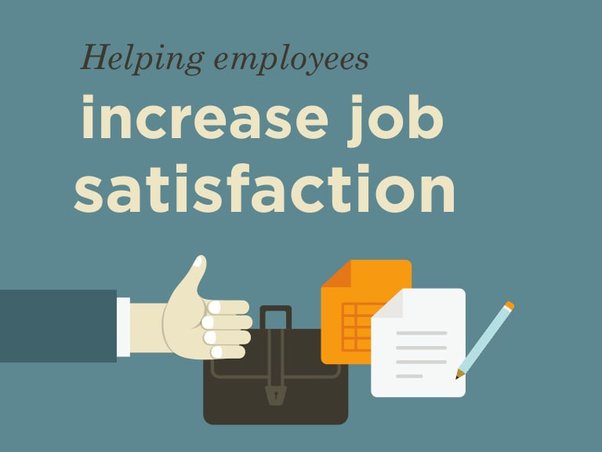Continuing education can be defined as the ongoing process of learning new skills, knowledge, and practices to improve one’s performance in a given field. The benefits of continuing education for the workforce are numerous, and below are the top 10 importance of continuing education for your workforce:
- Improved Skills

Continuing education provides opportunities for employees to learn new skills, techniques, and methods that will improve their performance in the workplace.
- Career Advancement

Continuing education helps employees develop the skills and knowledge necessary for career advancement. This may include learning new technologies, best practices, or business strategies.
- Increased Confidence

As employees learn new skills and knowledge, they become more confident in their ability to perform their job functions effectively.
- Increased Job Satisfaction

Providing opportunities for employees to learn and grow can lead to increased job satisfaction and a sense of fulfillment in their work.
- Enhanced Creativity

Continuing education can inspire employees to be more creative and innovative in their work, leading to new ideas, processes, and solutions.
- Improved Employee Retention

Providing opportunities for employee growth and development can improve retention rates, as employees are more likely to stay with an employer who invests in their professional development.
- Improved Productivity

Continuing education can lead to increased productivity, as employees are better equipped to handle their job responsibilities and may find more efficient ways to complete tasks.
- Competitive Advantage

Companies that invest in continuing education for their workforce may have a competitive advantage in their industry, as their employees are more skilled and knowledgeable than their competitors.
- Compliance

Many industries require employees to maintain certain certifications or licensure, which can be achieved through continuing education.
- Improved Customer Satisfaction

As employees become more skilled and knowledgeable, they can provide better service to customers, leading to improved customer satisfaction and loyalty.
Conclusion
Continuing education is critical for the growth and success of any workforce. It provides employees with opportunities to learn new skills, knowledge, and best practices to improve their performance in the workplace. Through continuing education, employees can advance their careers, develop new skills, and gain more confidence in their abilities. Additionally, it can lead to increased job satisfaction, enhanced creativity, and better employee retention rates. Continual learning can also help companies gain a competitive advantage, as their employees become more skilled and knowledgeable. Compliance requirements in various industries can also be met through continuing education. Moreover, employees who engage in continuing education can provide better customer service and improve decision-making, communication, and risk-management skills. Finally, continuing education can promote diversity and inclusion, improve the company’s reputation, and lead to better work-life balance for employees.











